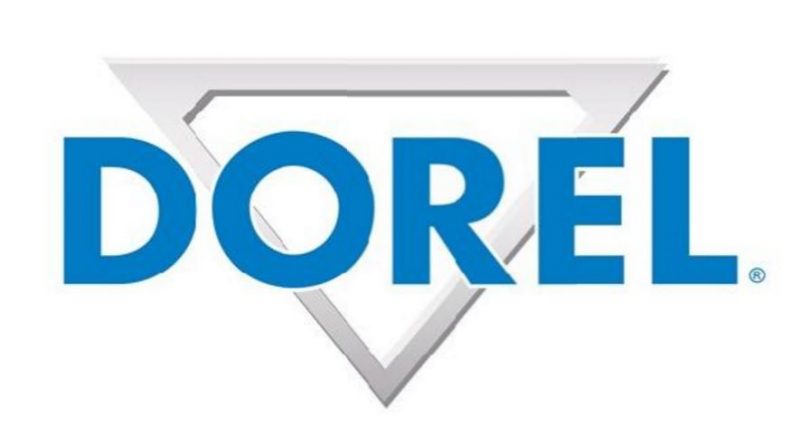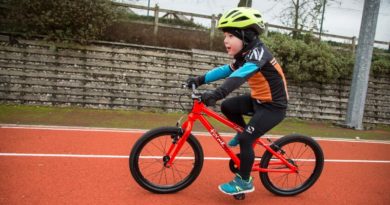Dorel Sports’ revenue continues to grow, while group warns on coronavirus impact
Dorel Sports has posted its third consecutive quarter of revenue growth, and is now looking to double its production of bicycles and e-Bikes through centralising operations in the Netherlands.
The company’s Q4 and end of year (30th December 2019) results posted improved operating profit in most markets, offset by Dorel Juvenile Europe performance, with the group decreasing its inventory by $80 million since the third quarter.
Group revenue for the full year was flat at $2.63 billion, compared to $2.62 billion in 2018, and net loss for the year is reported at $10.5 million compared to $444.3 million the year before.
Dorel Sports Q4 revenue increased to $233.2 million, up 0.2% like-for-like, while full year revenue was up 2.9% like-for-like at $909 million. Pacific Cycle Group (PCG) and Caloi posted growth in the quarter while Cycling Sports Group’s (CSG) revenue declined. Tariff relief on children’s bicycles mitigated the year’s earlier impact on PCG, which has seen performance improve off the back of strong POS at key retailers and robust e-commerce sales.
CSG saw organic revenue growth in most geographies, with increased sales of Cannondale e-Bikes and MY20 product launches. In a bid to maintain the increasing momentum of the Cannondale brand, Dorel will look to strengthen its European CSG operations, which will be centralised in the Netherlands. The existing assembly plant in Oldenzaal is being transformed into a state-of-the-art facility to more than double its current production capacity of Cannondale bicycles and e-Bikes, with all production and supply related departments being merged into the new facility.
“Our teams have done an excellent job bringing inventory down to a more traditional levels, with a reduction of $80 million since the third quarter,” said Martin Schwartz, Dorel President and CEO. “Dorel Sports revenue grew for the third consecutive quarter as our new models, particularly Cannondale, are selling well. Dorel Juvenile Europe’s challenges overshadowed progress in other geographies.
“In the first two months of 2020 we are seeing signs of a turnaround in Europe. Issues at Dorel Home, primarily tariff-related, are being resolved and the segment is focused on growing its top line as it prepares to enter new categories. E-commerce sales continued their upward trend, representing 70% of total fourth quarter segment gross sales.”
In the report, Dorel made reference to several weeks of supply chain disruption as a result of the coronavirus outbreak delaying the opening of factories.
“Our China based suppliers delayed reopening following the Chinese New Year due to the coronavirus, with production delayed by two weeks in most cases,” continued Schwartz. “This temporary lack of manpower created several weeks of supply chain disruptions. Most factories in the country are now back in operation and are shipping, but not yet at normal levels. Operations at our main Juvenile factory in China are improving daily.”
According to Schwartz, Dorel is now at 95% production capacity, and although production has been slower than usual the firm has not seen any significant impact on consumer spending at retail for Dorel products during the first couple of months of the year, while online shopping across the three segments continued to increase.
Schwartz concluded the report: “Sales at Dorel Sports remain strong and the segment is anticipating another good year. The China supply chain is improving and product is expected to be increasingly stable as production gradually returns to normal.
“The world economy is in uncharted waters due to the ongoing coronavirus, the full impact of which is difficult to predict at this time. Historically, people have purchased juvenile products and personal recreation items such as bicycles during disruptions in the market and are likely to continue to do so. Supply chain interruptions in China will impact the delivery of orders in the first quarter and possibly into the second quarter. Despite overall business improvement, the coronavirus and related foreign exchange impacts will likely affect the first quarter.”



